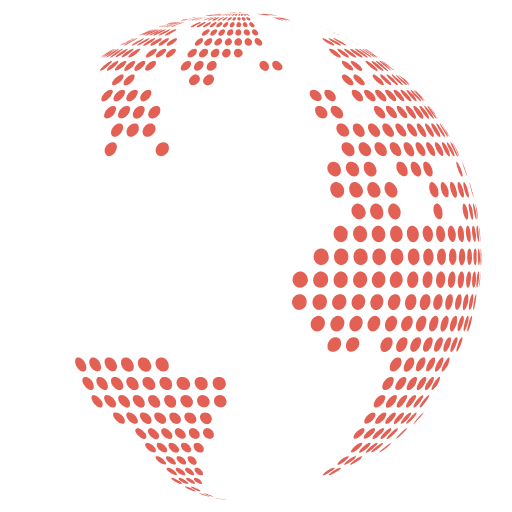About Us
The RIF seeks to address the challenges of unemployment, lack of economic opportunity and limited access to services and goods that are faced by refugees and their host communities. The impact-linked loans provided through the RIF will allow the enterprises to maintain or build their focus on refugee and host community populations, grow their business, and be financially rewarded through interest rate reductions for direct and measurable impacts they have on the refugee and host communities they are serving.
Our Story
2020
When the DRC and iGravity came together
DRC an iGravity came together for the first time and begun to assess the potential of impact investing in a refugee context.
2021-22
Design & Fundraising
Design of the Refugee Investment Facility and Fundraising.
2023
The RIF was formed
On April 19, 2023, the RIF was oficially established as a formal legal entity.
2024
Our first Impact Report
The RIF published it’s inaugural 2023 Impact Report, reflecting it’s first year of operation.
The RIF Co-managers
Board of the RIF

Patrick Elmer
Patrick has more than 15 years of experience working in the intersection of finance and global development, previously at BlueOrchard, Credit Suisse and SECO before founding iGravity. He is also the co-chair of the Impact-Linked Finance Fund.

Morten Högnesen
Morten leads DRC’s Innovation and Business Engagement Division, overseeing it's global portfolio of innovative financing initiatives, private sector partnerships and the DRC innovation function. He has over 15 years of experience in humanitarian assistance and development, with leading roles in innovation, funding, partnerships and program management in NGOs and UN.

Olivia Byanyima
Olivia is Regional Director of Nordic Impact Funds. She is a finance and investment professional with over 20 years' experience in investment banking, entrepreneurship, development finance and impact investing.

Christian Speckhard
Christian has more than 25 years’ experience in the international banking, finance and impact investment industry. In 2018, he started his own advisory business and launched simpAct Consulting GmbH. Christian was deputy CEO and CIO of responsAbility Investments for 11 years.
The RIF Team
How the RIF works
The RIF lends to private enterprises that contribute to addressing the key livelihood and self- reliance challenges faced by refugees and their host communities.
How is this done?
Combining Impact Linked Finance & Technical Assistance
Impact Linked Finance
Impact Linked Finance
Impact-Linked Finance refers to linking financial rewards for market-based organizations to the achievements of positive social outcomes. It is a highly effective way of aligning positive impact with economic viability and lies at the intersection between blended finance, impact investing, and results-based finance.
With regards to the RIF, the interest rate applied to the loan privided to each company is linked to one or more KPIs that relates directly back to impact themes of the Facility, resulting in measurable impacts on decent work and income generation, capacity and skills, financial inclusion, and access to goods and services. The more impact the company achieves over the term of the loan, the lower its cost of financing.
As such, the impact-linked loans provided through the RIF allow borrowers to maintain or build their focus on refugee and host community populations, grow their business, and be financially rewarded through interest rate reductions for direct and measurable impacts they have on the refugee and host communities they are serving.
Technical Assistance
Technical Assistance
The RIF Technical Assistance Facility (TAF) aims to provide technical assistance to the RIF’s investees to support business growth and impact targets. Technical assistance funded through the TAF can comprise:
Refugee Impact Advisory and mentoring for refugee impact, which leverages DRC’s expert understanding of forced displacement issues and its local presence in refugee-hosting areas to improve the inclusiveness of a business’ offering or appropriately reduce any material risks it may present to vulnerable groups.
Business development mentoring and advisory by the RIF investment managers, particularly on legal, financial management, and accounting processes.
Example refugee impact advisory activities:
– Navigating regulatory environment;
– Understanding market potential in refugee hosting areas;
– Defining job creation targets and standards;
– Refugee-sensitive product design and business model development;
– Customer engagement and feedback loops;
– Identifying and upskilling employees;
– Linking with supportive programming and ecosystems.
Come along with us on this journey
If you’re a potential investor, partner, or team member please send us a note.
Contact us
Refugee Investment Facility AG
Danish Refugee Council
iGravity
Follow us

© 2024 Refugee Investment Facility. All rights reserved.













